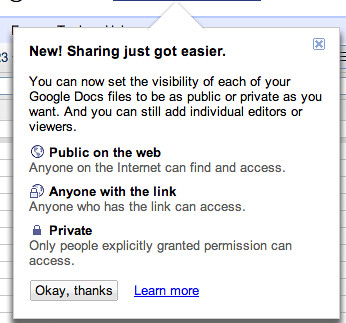56: When is collaboration bad? #LifeWideLearning16 @MrChase
— Ben Wilkoff (@bhwilkoff) February 26, 2016
I’ve enjoyed these of these posts. Aside from that damned tree question, each question you’ve posted on Twitter has been one I’ve met with curiosity and an element of joy unique to the experience. These posts are a kind of writing I’ve not gotten to do for years, and certainly have an audience much different from my day gig.
It is collaboration moving apace with some of the best of what’s possible. Each morning twitter lets me know you’ve posed the day’s question, and I know my question to you has been sent along the string connecting our technological tin cans. From there, I add it to my queue of questions to be answered. For a few, I’ve pulled them into the physical world, explained our setup and asked what other folks would say. Usually when I’ve done this, it’s a combination of wanting to know what others think, and hoping they could help me jumpstart my own thinking when my answer isn’t apparent.
For the more confounding questions you’ve posed, I’ve pulled you aside in online chats to see exactly what you meant. My favorite response you’ve given thus far, by the way, has been, “You know these questions are open to interpretation, right?”
Again, collaboration working at its potential.
Sometimes, though, collaboration isn’t what’s necessary. Sometimes, what’s necessary is a solitary, thoughtful effort that asks a person to turn inward on herself or on a problem to be considered.
Sometimes, collaboration is a bad idea.
I don’t have a list of these situations. I don’t even have a list of attributes to help you determine where collaboration is called for and where it should be avoided. Instead, I have three other big picture concepts that should be the part of all learning experiences – choice, context, and openness.
Choice in collaborating or not comes down to the task for me. If you ask me to draft a piece of writing, my response is likely going to be to pull up a new doc, throw on my headphones, and ignore the world until I’m done. At that point, I’ll show you my first effort. Until then, for me, writing is a collaboration-free task. Ask me to solve a complex statistical problem, though, and it’s all hands on deck. Not only will I want you to collaborate with me, I’ll need it.
Collaboration is right in some contexts, and not in others. If I’m writing a blog post, it’s going to be a solitary task as mentioned above. The editing is going to stay solitary as well. If I’m writing something for larger distribution (say, a book), my editing and revising process is going to draw in as many voices as make sense for the audience of the text. Similarly, if the effort is to be representative of an organization or system beyond me, again, context points to collaboration.
Openness means several things. It has to do with my openness to the ideas of others as I work my way through a problem. Sometimes, I don’t want to hear your ideas, even if they’re better that mine. It also has to do with how open I want to be with my process. Sometimes, writing is ugly. Sometimes building a unit plan means I need to let things sit until the last minute. As it is, I have a project of import for the day gig. I haven’t yet fully collaborated with anyone because the ideas I’m working with are still in my head. I’ve erased the white board of my mind several times over the last few weeks because I need to be the sole owner of the ideas for now. Eventually, collaboration will be called for and I’ll invite others in to the process to pull things apart. For now, though, the work is solitary.
I love collaborating. I love the thrill that comes from building something that reflects the perspectives of many minds. I also have an abiding love for working alone.
From Theory to Practice:
- When designing tasks for your students, ask if they need to be collaborative, solitary, or either. Sometimes, the social-emotional learning comes from being able to rightly decide whether you want and need to work alone or as part of a team.
This post is part of a daily conversation between Ben Wilkoff and me. Each day Ben and I post a question to each other and then respond to one another. You can follow the questions and respond via Twitter at #LifeWideLearning16.
